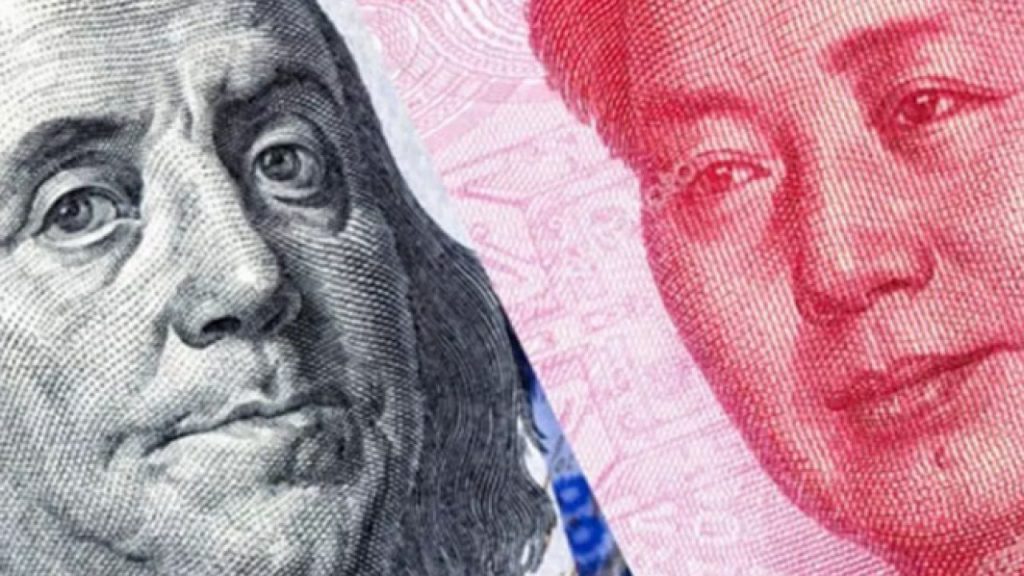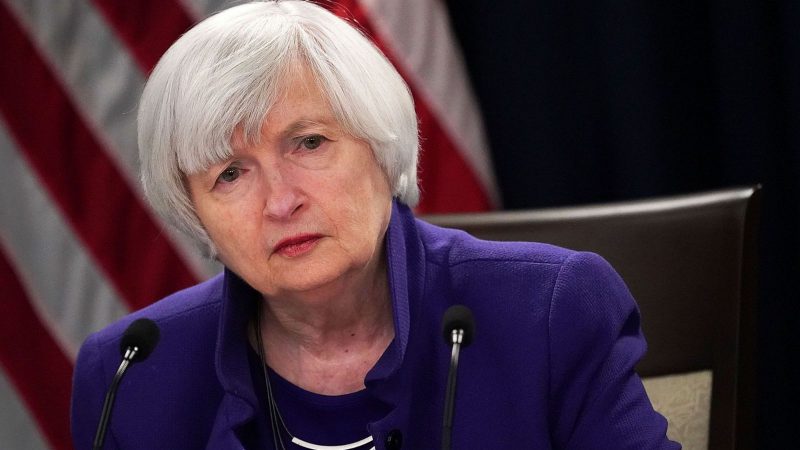The U.S. Treasury Secretary Janet Yellen defended the U.S. dollar amid challenges faced by the upcoming BRICS currency. The U.S. dollar is the de facto global reserve currency and the BRICS alliance aims to uproot its dominance. South Africa’s President Cyril Ramaphosa and Brazil’s President Lula da Silva echoed talks of de-dollarization. Lula da Silva urged developing countries to review their reliance on the U.S. dollar at a finance summit in Paris.
Also Read: BRICS Bank That Was Built To Challenge U.S. Dollar Now Needs USD
Lula advocated switching to local currencies for cross-border transactions sidelining the U.S. dollar. He also suggested other alternatives such as the soon-to-be-released BRICS currency for global trade.
However, Treasury Secretary Janet Yellen brushed aside the BRICS currency saying that the U.S. dollar is here to stay. Yellen suggested that an alternative currency to replace the U.S. dollar will not gain steam and could fail upon launch.
BRICS Currency: Janet Yellen Explains Why the U.S. Dollar Will Reign Supreme


Yellen explained that the BRICS currency could be unstable after launch due to various global macroeconomic factors. The factors include that the new BRICS currency will not have liquidity and a safety net with the rule of law would be missing.
Also Read: BRICS: Iraq Bans U.S. Dollar, Egypt Ditches USD, France & Pakistan Pay With Chinese Yuan
“There is a very good reason why the dollar is used widely in trade. And that’s because we have deep, liquid, open capital markets, rule of law, and long and deep financial instruments,” she said at a press conference in Paris.
The BRICS currency will not be governed by any centralized financial establishment making transactions a risky affair. The currency is not backed by trustworthy tenders except for maybe gold. This makes the other countries holding BRICS currency remain alert about a potential or sudden collapse.
Also Read: What Happens If Europe Accepts BRICS Currency?
In conclusion, the U.S. dollar has more positives than negatives as claimed by the developing nations. The BRICS currency could find it hard to compete with other existing currencies like the USD, Euro, Pound, and Yen.





